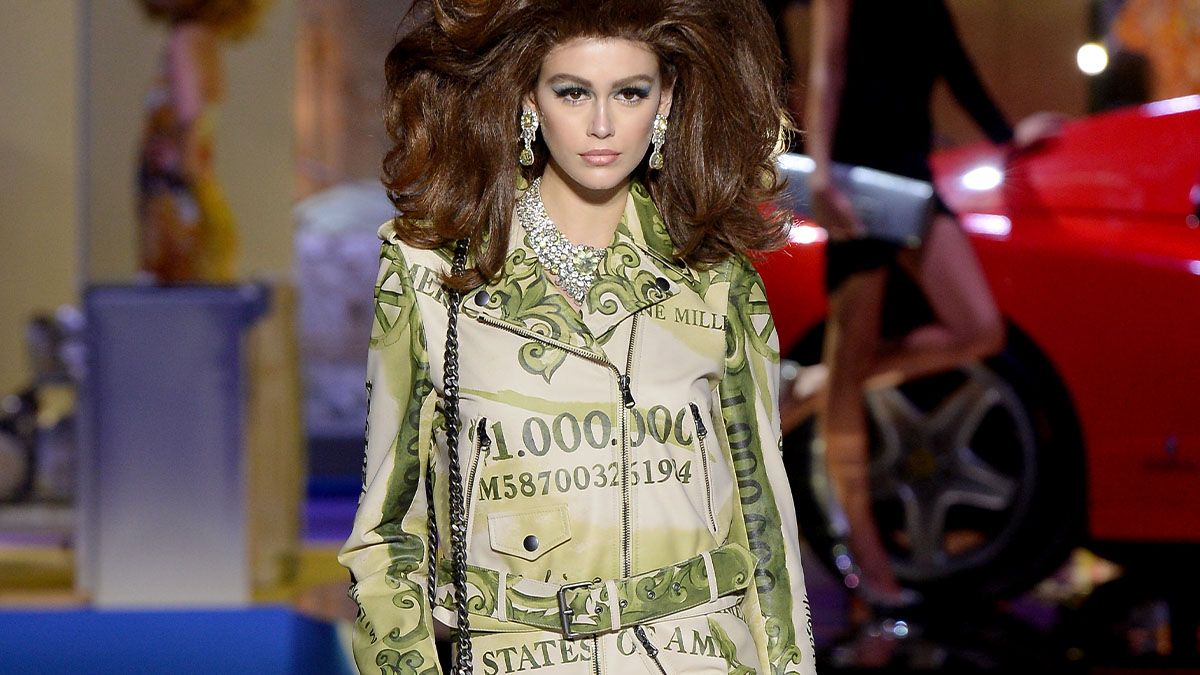
This article on sustainability and financial results is part of our Advanced Membership package. To enjoy unlimited access to The Long View from Vogue Business, The Fashion Exec’s Guide and Market Insights Reports, sign up for Advanced Membership here.
Climate change is one of the biggest existential threats to the fashion and beauty industries, but you would never know that from the way major brands report their financial performance and define their success.
Tune into any of their annual financial results presentations and you will hear about the impact of marketing investments, tech innovations, inventory management and a number of other topics related to financial performance. What you won’t hear about are the wide-ranging and potentially seismic material impacts of climate change, including climate risks to raw materials and manufacturers, potential costs and savings associated with decarbonisation, and investments in tools to track sustainability progress.
“It’s clear that sustainability is not the buzzword it was at the beginning of the decade among corporate and financial circles,” says Lindsey Stewart, director of stewardship research at ESG and corporate governance research, ratings and analytics firm Morningstar Sustainalytics. “Mentions of climate, sustainability and ESG (environmental, social and governance) are becoming increasingly rare in corporate earnings reports.”
In the latest round of full-year earnings calls and corresponding annual reports (FY24), Vogue Business extended its typical analysis of major fashion and beauty brands’ financial performances to include their approaches to sustainability reporting. We covered LVMH, Puig, L’Oréal, Kering, Moncler Group, Hermès, Prada Group, Ferragamo, Brunello Cucinelli, Hugo Boss, Ulta Beauty and Zegna Group. In addition, each of the 12 companies were given a week to respond to the question: “How do you measure the impact of your ESG/sustainability efforts on financial performance?”
Of the 12 companies, nine mentioned sustainability or ESG in their earnings calls. Of those, two (Ferragamo and Zegna Group) stated that sustainability remains a priority, while seven (Puig, L’Oréal, Kering, Moncler Group, Hermès, Prada Group, Brunello Cucinelli), highlighted specific topline achievements and commitments to varying degrees of depth. For instance, Puig mentioned that its targets were verified by the Science Based Targets initiative (SBTi); L’Oréal shared that it reached 97 per cent renewable energies for its direct sites; Kering said it achieved a 23 per cent reduction in greenhouse gas emissions across all scopes compared with 2022 levels; and Prada mentioned its three-year plan to convert its raw materials to lower-impact alternatives. None of the nine companies that mentioned sustainability or ESG explicitly noted any connection with financial performance within their earnings calls. The other three (LVMH, Hugo Boss and Ulta Beauty) did not mention the subject within their earnings calls at all (though more information was shared in Hugo Boss and LVMH’s annual reports, and Ulta Beauty is releasing an ESG report in April).
